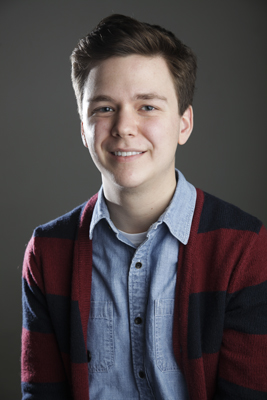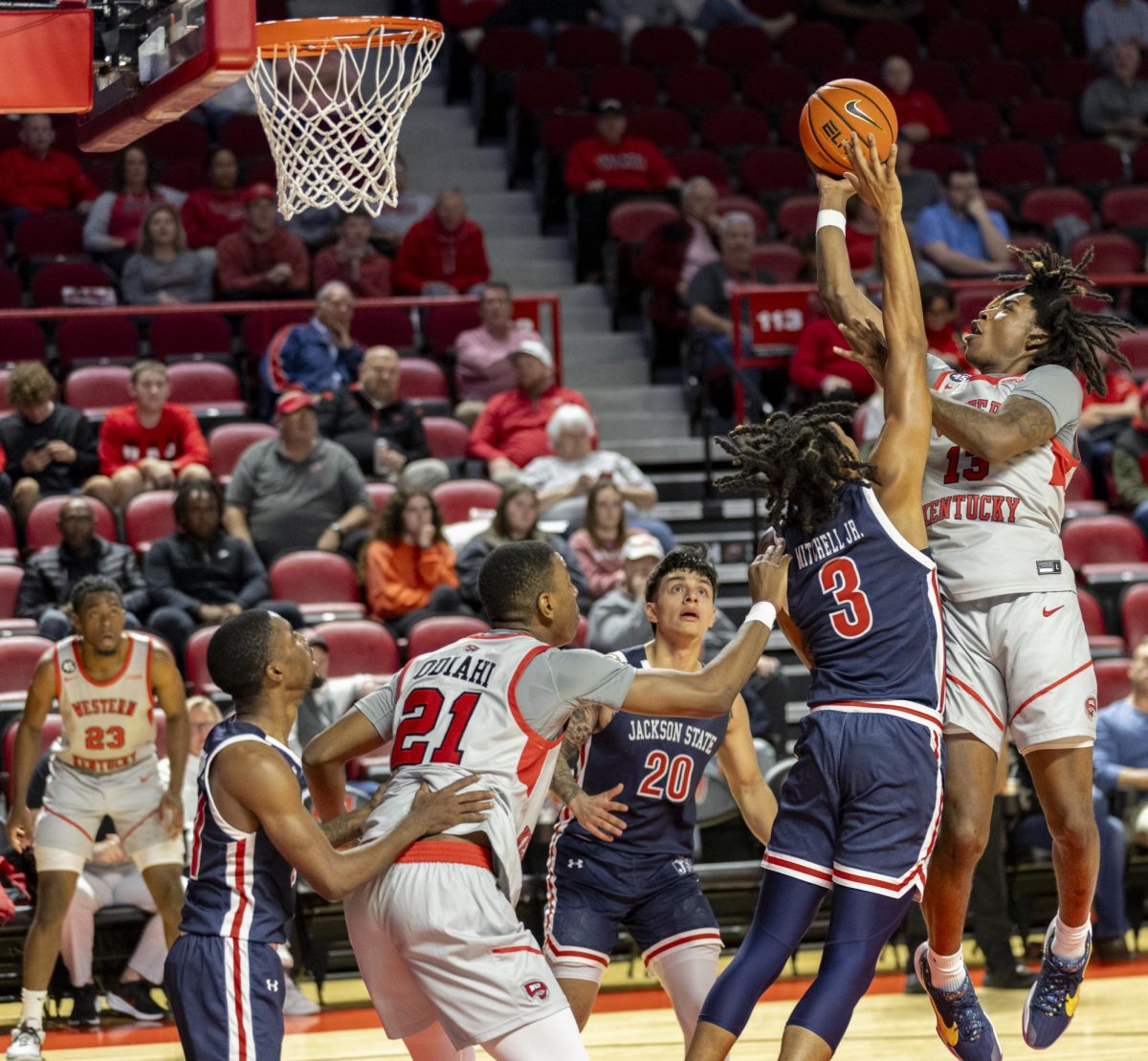The Remote: Why this boy likes ‘Girls,’ and you should too
February 22, 2013
Despite how wonderful it is, HBO’s new hit series and show of the moment, “Girls,” has a major problem.
It is very deceptively titled.
“Girls” follows four female friends — Hannah, Marnie, Shoshanna and Jessa — as they try to figure out the complexities of being a 20-something in New York City.
The show mostly revolves around the girls and their adventures and misadventures in NYC. It has received some criticism for its unblinking and wide-eyed portrayal of so-called “White People Problems.” Some have further criticized it for glorifying “White Girl Problems.”
That’s a bunch of schnitzel.
Even though the main characters are white, female New Yorkers, the show succeeds in the universality of their individual issues.
Take Hannah (Lena Dunham, also the show’s creator), an aspiring writer who gets cut off by her parents at the beginning of the series. While not everyone has the luxury of being financially supported by their parents, it’s the root of Hannah’s issue that is important: how exactly does one go about being independent?
Examine Marnie (Allison Williams). She’s uptight and kind of pretentious, and doesn’t know how to deal with familiar parts of her life, like her longtime boyfriend Charlie (Christopher Abbott). She faces a problem that everybody faces, especially when they head off to college: how much of our old life do we leave or should we leave behind?
Think about Jessa (Jemima Kirke), the worldly, earthy globe-trotter who has literally experienced everything. But what do you do after you’ve experienced everything?
And then there’s Shoshanna (Zosia Mamet), a New York University student who is obsessed with “Sex and the City,” but is shocked to realize that real life is definitely not “Sex and the City.” How do you deal when your perceptions of the world are shattered?
See the theme here? These Girls (ha ha) have some very specific personal problems. They may seem like “White Girl Problems” on the surface, but it’s important to notice that there are some very deep issues blistering underneath the more superficial ones.
What’s most important is that they are issues that stretch beyond the bounds of race or gender.
These existential questions the characters ask themselves are questions that many people will eventually end up asking themselves at some point in their lives.
Besides the relatable nature of the characters’ varied problems, the show is also ridiculously, bitingly funny.
Fans of quirky humor will enjoy the show’s distinctive voice: it’s weird, dark, twisted, mean and even touching, usually all at the same time.
It’s this perfectly unique perspective and the underlying issues that make “Girls” such a superb show.
“Girls” is on its way to breaking boundaries, and it’s already crossing some. No matter who you are, give it a shot.
And if you’re a guy who’s afraid to watch it because of the title, get over yourself.
It may be called “Girls,” but it’s really for everyone.












